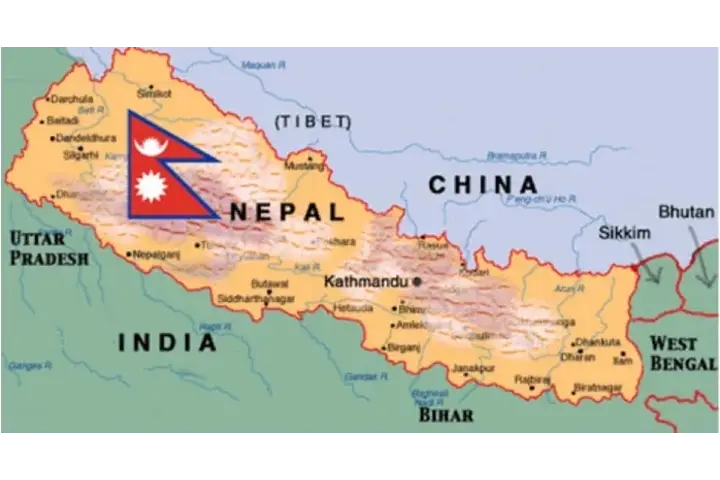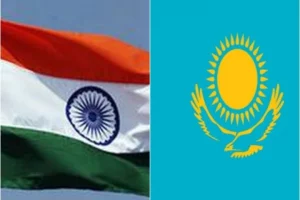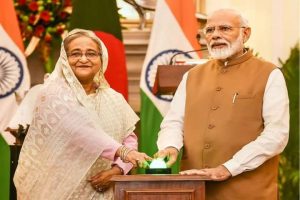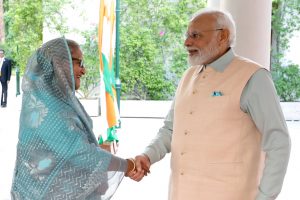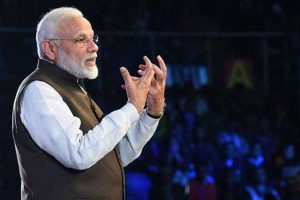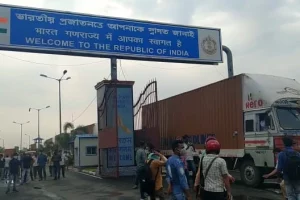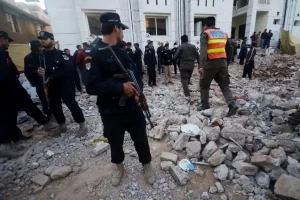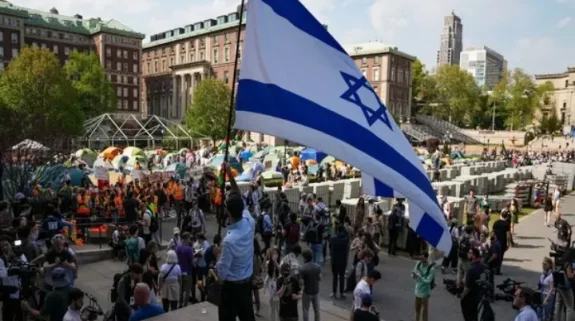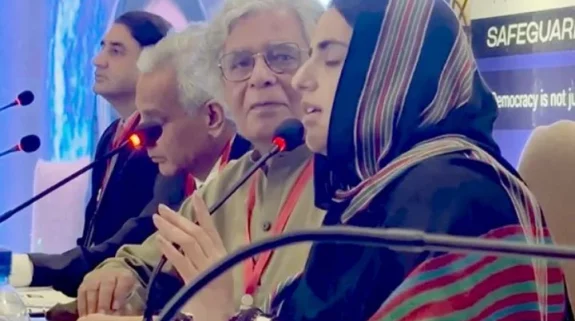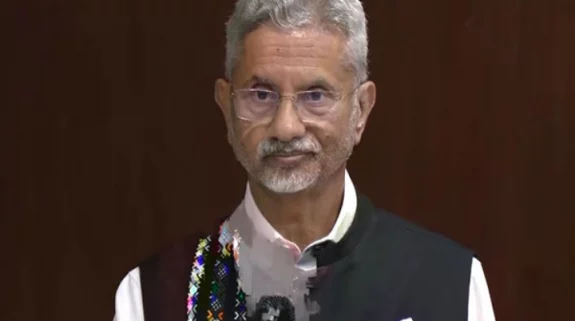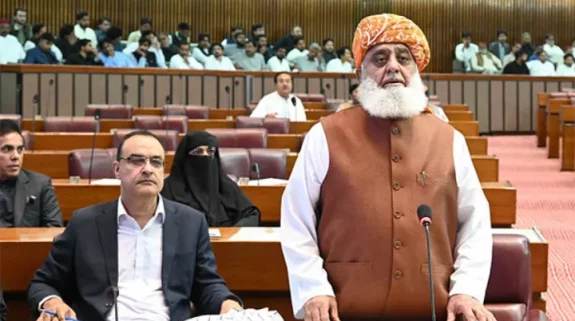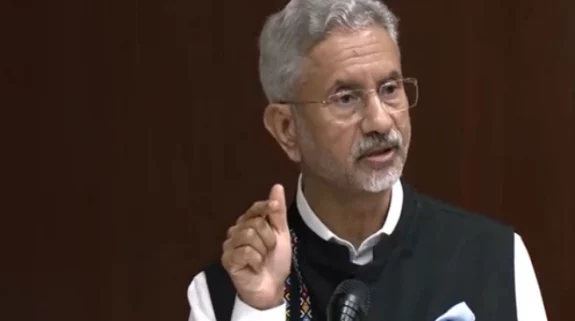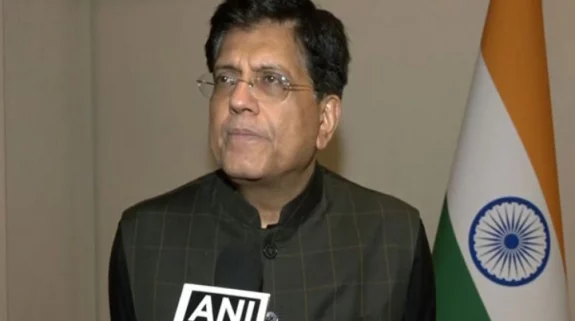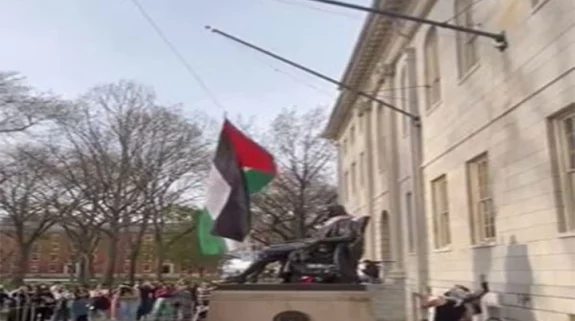The general elections in Nepal slated to take place later this year will be crucial for its economic contours, which have been battered not only by the Covid 19 pandemic and the ongoing Russia-Ukraine war but also political instability at home. After Sri Lanka’s debt default, concerns are rising over Nepal’s macro economic indicators with rising inflation and balance of payment (BoP) deficit coupled with depleting foreign exchange reserves.
Stability and policy certainty in Nepal will also drive South Asian geopolitics which is now shifting focus on regional connectivity and economic integration.
Foreign policy analysts said that the upcoming elections will decide the fate of the Himalayan nation, which has gone through lengthy and complex transitions towards a new Constitution. The massive earthquake in April 2015 along with a series of devastating aftershocks caused loss of life, infrastructure and property on an unimaginable scale.
Finally, in 2015, Nepal became a republic as it adopted its new Constitution after signing of the Comprehensive Peace Agreement in 2006. The new Constitutions set in place a federal structure.
By the end of 2017, elections were successfully held at the federal, state, and local tiers. KP Sharma Oli, member of the Nepal Communist Party took over as the Prime Minister in 2018. However in 2021, he was forced to demit office after a Supreme Court order and Nepali Congress leader Sher Bahadur Deuba took over as Prime Minister.
“For Nepal’s economic stability, these elections are crucial and really important for the upcoming term to be completed to be able to demonstrate Nepal’s democratic commitment amongst fractured polity,” Navita Srikant, foreign policy analyst whose focus area is Nepal, told India Narrative.
In April, Nepal’s foreign exchange reserves stood at $8.4 billion, enough to support imports for less than seven months.
Hit by rising oil and commodity prices in the wake of the Russia-Ukraine conflict besides fast depleting foreign exchange reserves, Nepal has now announced restriction of imports of non-essential goods. These include cars, gold and cosmetics.
“Nepal’s impending general elections are vital for South Asia as a region to broadcast a different story as compared to Sri Lanka which unfortunately suffered from some serious discrepancies of late,” Bhaskar Koirala, Director of the Nepal Institute of International and Strategic Studies told India Narrative.
“We all hope and believe that the extremely cultured Sri Lankan people will overcome the challenges they currently face. Successful general elections in Nepal will serve as inspiration for Sri Lanka as well to carry on with the arduous democratic process,” Koirala said.
Clearly, the outcome of the general election will be keen watched as it will determine the economic roadmap not just for Nepal but the region.
Also read: India needs to cement its recent gains in Nepal to firewall Chinese comeback






